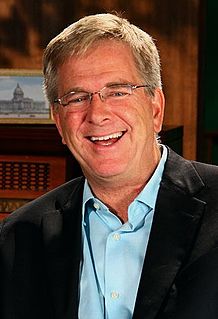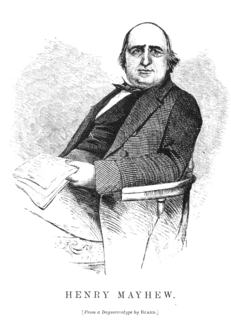A Quote by Benjamin Franklin
"We hold these truths to be sacred and undeniable" in a draft of the Declaration of Independence changes it instead into an assertion of rationality. The scientific mind of Franklin drew on the scientific determinism of Isaac Newton and the analytic empiricism of David Hume and Gottfried Leibniz. In what became known as "Hume's Fork" the latters' theory distinguished between synthetic truths that describe matters of fact, and analytic truths that are self-evident by virtue of reason and definition.
Quote Topics
Assertion
Became
Between
Changes
David
Declaration
Declaration Of Independence
Definition
Describe
Determinism
Distinguished
Draft
Drew
Empiricism
Evident
Fact
Fork
Franklin
Hold
Hume
Independence
Instead
Isaac
Known
Matters
Mind
Newton
Rationality
Reason
Sacred
Scientific
Self
Self-Evident
Synthetic
Theory
Truths
Undeniable
Virtue
Related Quotes
There are several kinds of truths, and it is customary to place in the first order mathematical truths, which are, however, only truths of definition. These definitions rest upon simple, but abstract, suppositions, and all truths in this category are only constructed, but abstract, consequences of these definitions ... Physical truths, to the contrary, are in no way arbitrary, and do not depend on us.
Every president to hold office has espoused some version of Americanism - the truths that we hold self-evident, even when those truths are not always in evidence. But for all their grand rhetoric and mostly good deeds, none was able to seal the deal on the trifecta of equality, plurality and socioeconomic ascendancy. Obama has.
It wouldn't take us long to discover the substance of that dream. It is found in those majestic words of the Declaration of Independence, words lifted to cosmic proportions: We hold these truths to be self-evident, that all men are created equal, that they are endowed by God, Creator, with certain inalienable Rights, that among these are Life, Liberty, and the pursuit of Happiness. This is a dream. It's a great dream.
There are different kinds of truths for different kinds of people. There are truths appropriate for children; truths that are appropriate for students; truths that are appropriate for educated adults; and truths that are appropriate for highly educated adults, and the notion that there should be one set of truths available to everyone is a modern democratic fallacy. It doesn't work.
There are also two kinds of truths, those of reasoning and those of fact. Truths of reasoning are necessary and their opposite is impossible, and those of fact are contingent and their opposite is possible. When a truth is necessary its reason can be found by analysis, resolving it into more simple ideas and truths until we reach those which are primitive.
Truths are known to us in two ways: some are known directly, and of themselves; some through the medium of other truths. The former are the subject of Intuition, or Consciousness; the latter, of Inference; the latter of Inference. The truths known by Intuition are the original premisses, from which all others are inferred.
































